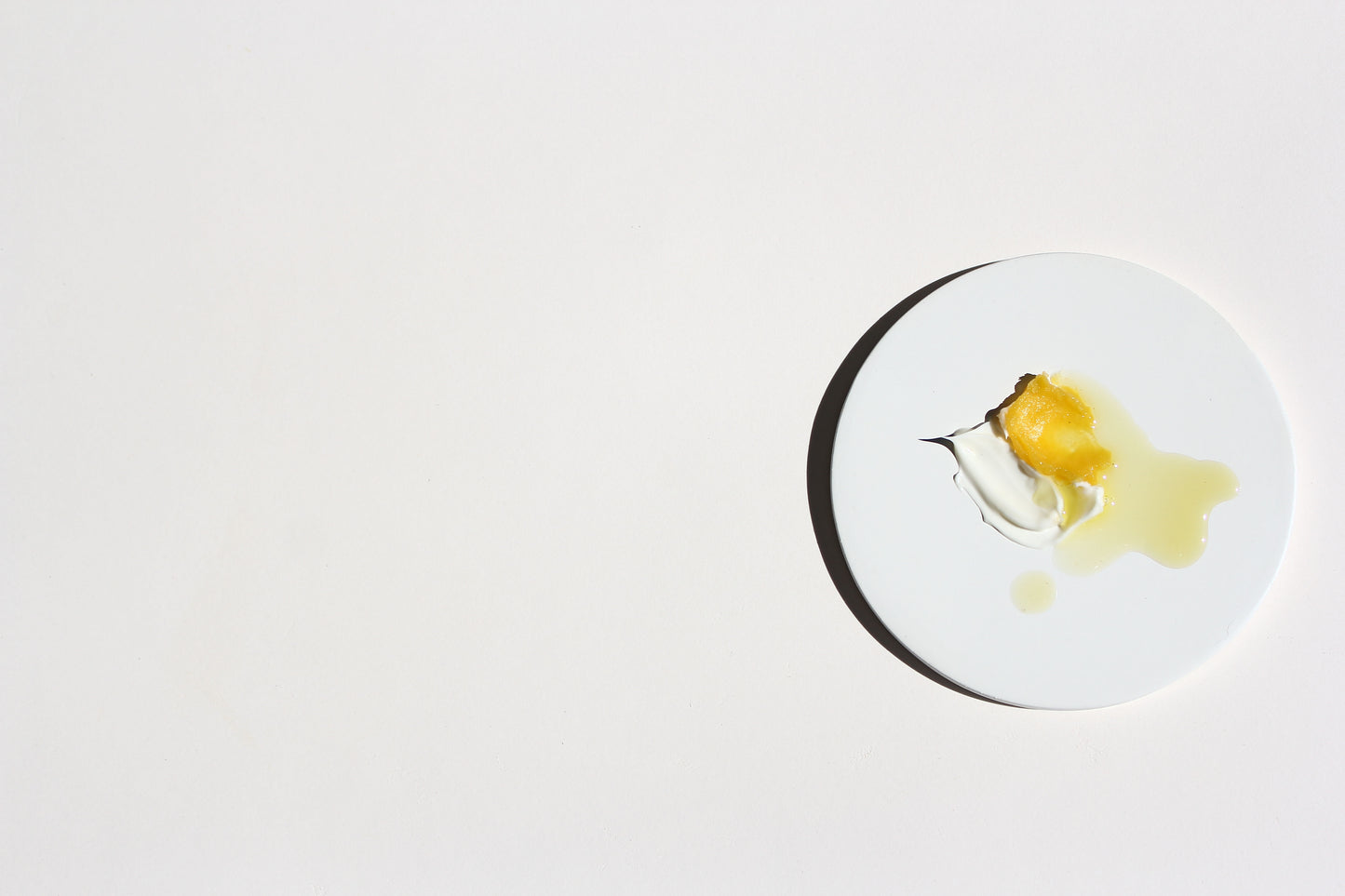
Sharon sat down with FASHION MAGAZINE writer Lesa Hannah back in 2018 to chinwag about the industry, share how she got started – and discuss why her stance on organic certification is quite a controversial one. Read on to revisit the original article below, but for those of you who want ‘just the highlights’ and can’t wait to learn the MV stance on organic certification, here is the bite sized version (spoiler alert) …
- Our world-famous Rose Soothing & Protective Moisturiser, loved by celebs and adored by the sensitive skinned – contains pure H2O as the base for us to whip this luxurious rich cream.
- Water cannot legally be counted as an ‘organic’ ingredient.
- We could, as some ‘green’ companies do – simply add dehydrated aloe vera powder into the water, and VOILA the entire water content could now be counted as ‘organic’.
- We did try this! As we do always favour organic ingredients and will always use them when they meet our exacting standards. However, our luxurious and rich cream formulation became a light and sticky lotion when Aloe Vera was added to the water component. So there it was decided, we will never be a certified organic brand and we will honour our formulas in favour of seeking certification.
.....and some other points not mentioned in the article below,
- Certified organic ingredients aren't always superior.
We acquire samples of ingredients from a few places we trust, and in some instances the certified organic versions are really not right for us. For example, the colours and odours of some ingredients can be completely uncharacteristic, albeit still 'certified organic'. This is something we are not willing to compromise on. We always choose the highest quality, we source from ethical farms, and when organically certified versions meet our criteria this is a perfect combo.
- Not all farms can afford to undergo certification themselves. Even if they are small, family-run, ethical, and don't use pesticides - they may not fit the criteria to gain certification because they happen to be located within the vicinity of other farms who use pesticides.
This Skincare Brand Is Proudly Not Certified Organic
“I want to say I’ve got a bloody good cream. Not a certified organic one.”









